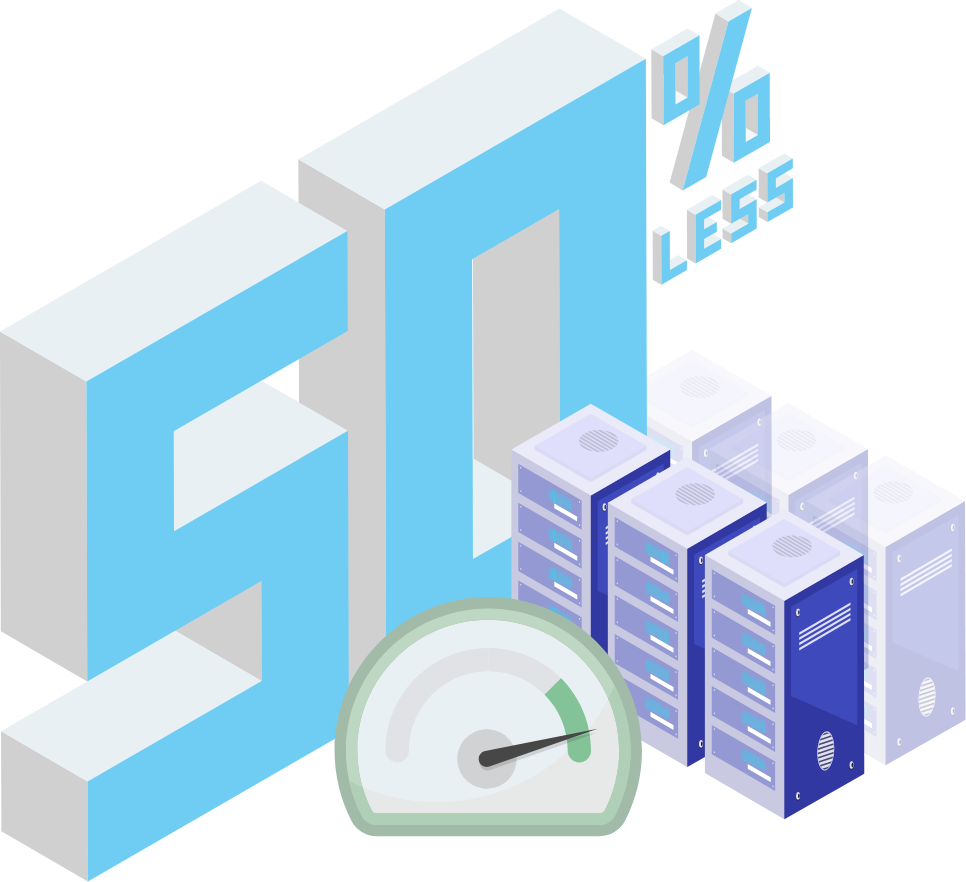Azul provides a perfectly complementary set of capabilities for organizations using RA-Cheetah. This venture will enable us to satisfy the requirements of current clients, in their desire to remain market-competitive, while illustrating to a wider audience the first-class results that are possible through the use of Rapid Addition’s solutions.
Challenge
- Rapid Addition is the leading provider of FIX and FAST related software solutions to financial institutions. There’s been growing demand from both the buy and sell sides for increased transaction rates, consistent response times, and high sustained throughput.
Solution
- Azul Platform Prime is the performance standard for today’s high-velocity, Java-based electronic markets. Optimized for ultra-low latency DMA, algo-trading, and order matching, Azul Platform Prime eliminates Java pauses and latency spikes that adversely impact trading. The joint solution provides banks and brokers with an effective, reliable, high-performance trading engine.
Result
- Given both companies’ aim to eliminate the effects of garbage collection, it is impressive that the combination of Azul Platform Prime and Cheetah yields even higher performance yet. This shows how the performance of the Azul Platform can benefit even solutions that have already eliminated garbage collection and have already been tuned and optimized.


